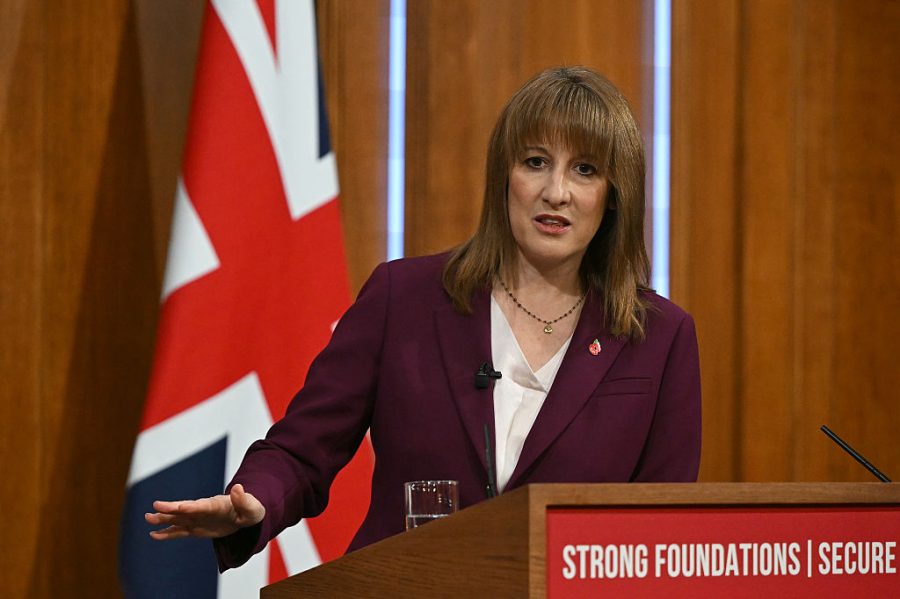It takes something when even the Guardian is warning you that your tax rises might end up costing more than they raise in revenue. The paper is reporting today that Treasury officials are becoming worried that the Office for Budgetary Responsibility (OBR) will conclude that plans to abolish non-dom status and its associated loopholes will persuade so many rich individuals to leave the country that, even with higher taxes, the government will be the net loser. If that is what the OBR concludes it will blow a hole in Rachel Reeves’ budget next month. Ending non-dom status was one of the handful of planned tax rises which the government was prepared to admit to during the election campaign.
There must also be doubt as to how much net revenue will be raised by another of Labour’s planned tax changes: adding VAT to private school fees. An analysis by HMRC earlier this year presented a worst-case scenario in which 17 per cent of private school pupils transferred to the state sector – in which case the policy would raise £650 million, as opposed to the £1.6 billion which Labour claims it will bring in. But no one knows what effect the change will really have in the long term. What happens in January, when fees first become liable for VAT, will be no guide. Parents of children who are already enrolled at private schools can be expected to stretch every sinew to keep them there. But higher fees will inevitably impact on parents’ decision whether or not to use the independent sector in the future.
Labour chose to present in its manifesto two tax changes with highly uncertain effects on net revenue, but which had the power to stir up its own supporters. Private schools and non-doms have long been targets of disapproval by many class warriors in the party. It is worth asking: were these two tax changes dreamed up primarily to raise revenue or to try to fix what some regard as social ills? In other words, was their main purpose to be punitive – to try to change people’s behaviour by thwacking them with a fiscal lump hammer?
You can see Labour’s liking for punitive taxation elsewhere, too. Sadiq Khan’s Ultra Low Emissions Zone (Ulez) is pretty ill-conceived as a means of raising revenue: most of the cars it affects will be gone from the road within a few years anyway. Its main – undisguised – purpose is to hit motorists so hard that they are persuaded to get rid of their cars.
The same applies to Welsh Labour’s tax on second homes and holiday lets – which allows local authorities to add a premium of up to 300 per cent on council tax for properties used as second homes (holiday lets will have to be let out for a pretty impossible 180 days a year to escape the levy). This isn’t about raising revenue – it is far too punitive for that. It is has been dreamed up to try to force second home owners to sell up – in the fantastical belief that this will solve the housing crisis. It will more likely destroy the tourism industry with minimal impact on house prices.
The Conservatives missed a trick. Rather than call a suicidal early election they could have spent the summer doing as Gordon Brown’s government did: passing legislation that would allow them to govern from beyond the political grave. Brown did it with the Equality Act and the 50p tax rate – neither of which David Cameron felt he could undo (although the 50p rate was later reduced to 45p).
The Tories should have passed a law making punitive taxation illegal – establishing that taxes could only be levied or increased where they could be proven to increase revenue to fund public services. An incoming Starmer government could have repealed the act, of course, but in doing so it would have been admitting that it was levying taxes not to fund public services but to punish us. What an opportunity lost.








Comments